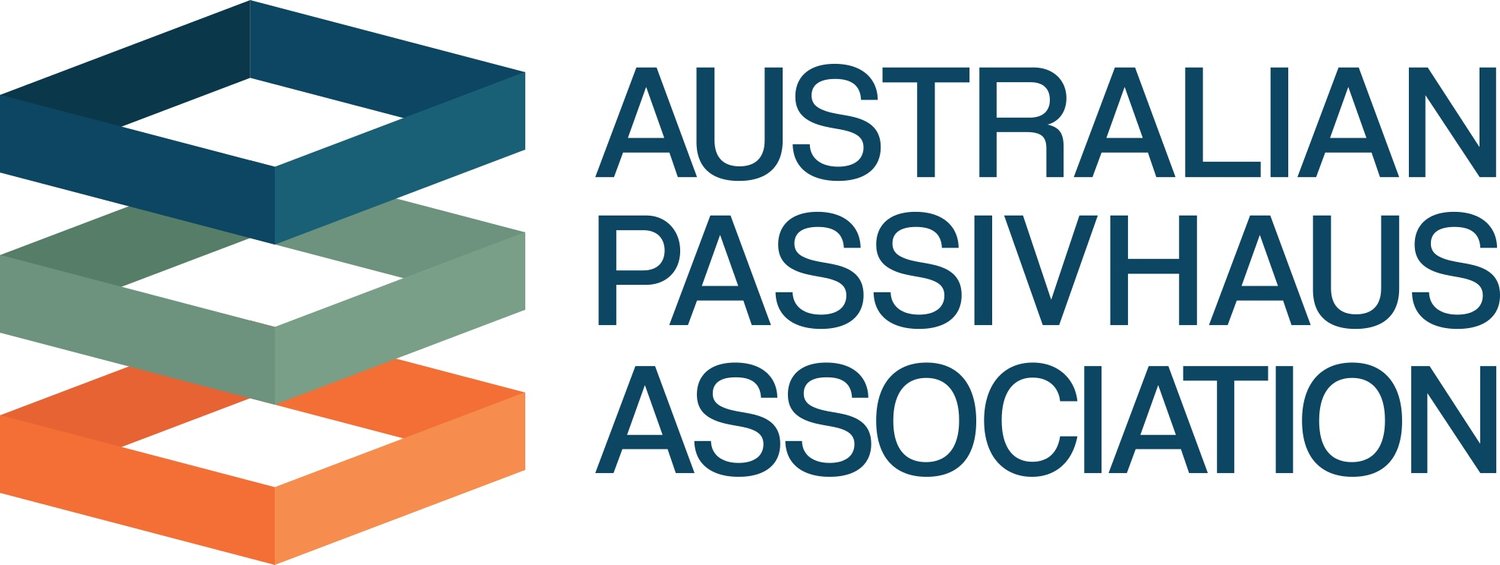Partnerships deliver National Passivhaus Training Program
Australian Passivhaus Association (APA) is proud to collaborate with ArchiTeam the Adelaide Sustainable Building Network (ASBN) to deliver national tour of the One Day Introduction to Passivhaus Course in five capital cities across Australia.





This course is the first of its kind the face-to-face Passivhaus introductory knowledge, which aims to equip professionals as business demand increases, and the market continues to grow and thrive.
Most recently over 60 private and government client groups committed to progress their Passivhaus approach by partnering with APA, these organisations included City of Melbourne, Scape, Homes NSW, Regional Housing, and Liverpool Plains Shire Council indicating a stronger sense of direction towards Passivhaus.
Partnering with key Associations allows APA to grow it’s reach while helping others says APA CEO, Alexia Lidas.
“Many prefer a face to face learning environment, which is not always possible due to commercial implications. By partnering with values alined organisations, we’re able to deliver this training nationwide.”
“Running face to face training can be hard to deliver, working as joint forces creates a pathway to maximising value, opening learning opportunities and ensuring commercial viability to support all organisations” said APA CEO Alexia Lidas.
This course is ideal for professionals who want an introduction into Passivhaus building standard, and to prepare themselves for the ever-growing demand in the delivery of projects in this building standard.
The content of the program is applicable for professionals such as, developers, suppliers, tradespeople, architects, engineers, and contractors.
The 5 major Passivhaus principles will be explored in this deep dive, such as how you can successfully implement them in your building projects. We’ll also cover why Passivhaus is beneficial in a myriad of ways in today’s climate, including why Passivhaus is ideal for Australia’s varied climate. Exploring design processes, construction methods, material choices, product options, and more to help guide your future projects.
The knowledge gained during this comprehensive course will prepare you for further education in Passivhaus and better building outcomes which are energy efficient, resilient, and sustainable.
Read more and register here
Dates in Tasmania and Canberra to come later this year.

